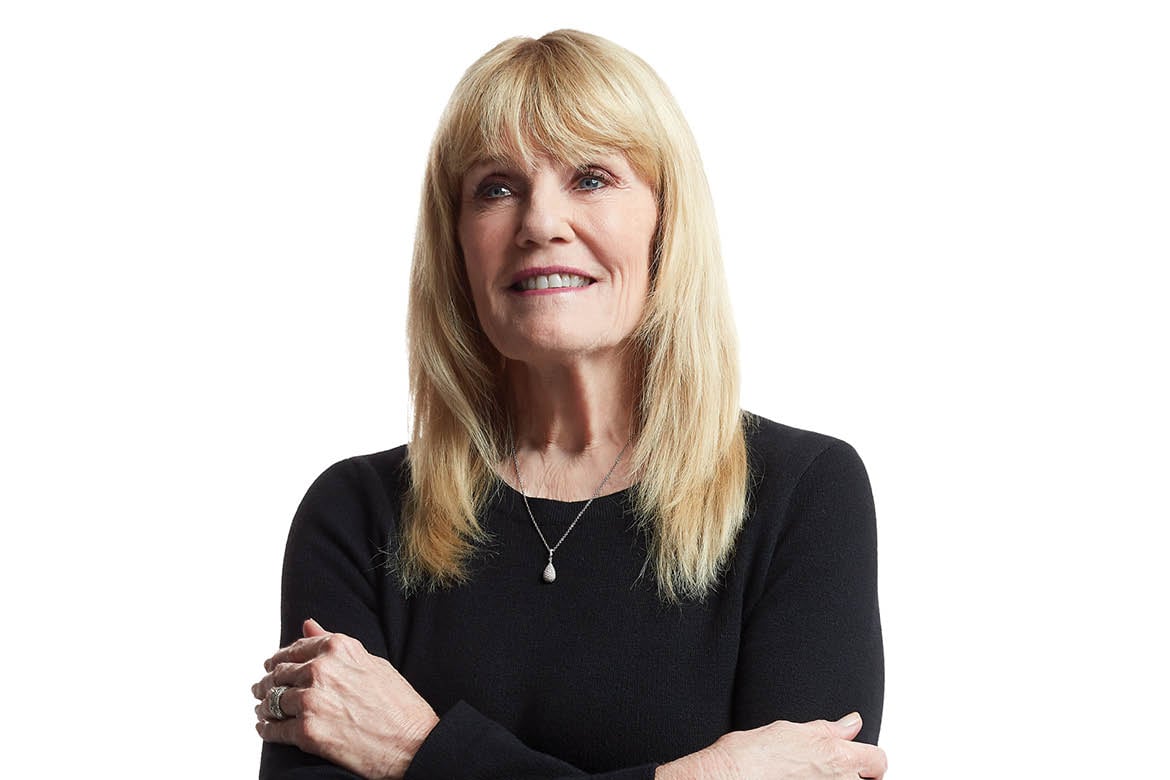The AMA “Members Move Medicine” series profiles a wide variety of doctors, offering a glimpse into the passions of women and men navigating new courses in American medicine.
On the move with: Jenny Boyer, MD, JD, PhD, a psychiatrist at the Department of Veterans Affairs at the West Texas VA health care system in Big Spring, Texas. Dr. Boyer is a former alternate delegate for the Oklahoma State Medical Association and is currently serving as officer-at-large for the AMA Senior Physicians Section Governing Council.
AMA member since: 1997.
What inspired me to pursue a career in medicine: As a practicing clinical psychologist for the Oklahoma City Veterans Administration (VA) Medical Center, I believed that my education in clinical psychology was limited in the areas of diagnosis and the ability to treat medical or mental health and neurological conditions by a lack of knowledge and understanding of pathophysiology and pharmacology.
In order to treat the entire patient, a knowledge of medicine is critical to be able to differentiate psychiatric conditions from neurological and medical conditions and to understand when the mind and body are either independently or jointly affecting behavior and emotions.
How I move medicine: By being open to traditional and innovative approaches to diagnosis and treatment. Not all seemingly new pharmacologic agents are more effective and efficient than older, less expensive options. Medicine is like rain, it flows downhill, with downhill referring to the direction of progress, innovation and compassionate patient care.
Career highlights: First I was trained as a clinical psychologist, then an attorney, and after two decades a psychiatrist. During this time I have been actively involved in the education of medical students, residents and fellows at the University of Oklahoma Health Care Center, the VA Medical Centers in urban Oklahoma City and Tulsa, and the rural settings of Muskogee, Oklahoma, and Big Spring, Texas (near Midland-Odessa) and in organized medicine.
My leadership roles for the past two decades since becoming a psychiatrist include serving on the boards of trustees for the American Psychiatric Association and Oklahoma State Medical Association. I also served as president of Tulsa County Medical Society.
Advice I’d give to those interested in pursuing a career in medicine: One critical aspect that causes physician burnout is the acceptance that a career in medicine is a “job” and not a “calling.” When you work for more than a paycheck, then the positive reinforcement of helping patients—despite the long hours, the administrative management burdens and the paperwork—is much more tolerable. To paraphrase Mary Poppins, “A spoonful of faith helps the medicine go down!”
How I give back to the community: As a psychologist and then a psychiatrist, giving back has been the backbone of my career. For more than two decades, in multiple VA clinical settings, I have advocated community support and excellence in clinical care for those—especially under trying circumstances—who have found themselves in harm’s way and paid the emotional and physical price of their injuries and wearing the “label” of veteran.
Aspect of my work that means the most: My psychiatric practice, for the past two decades, has involved providing care and treatment to veterans through times where being a veteran was not always met with community acceptance to the present attitude that veterans have much to contribute to the civilian work force and their communities and families. Watching the anger and dysfunction dissipate makes the effort more than worthwhile.
My hope for the future of medicine: As a newer generation steps forward, with more women evolving into leadership roles, and greater compassion associated with more complicated treatment regimens, medicine should produce a more informed, educated and functional generation of patients with significant and often terminal medical and mental health conditions.
Visit MembershipMovesMedicine.com to learn more about other AMA members who are relentlessly moving medicine through advocacy, education, patient care and practice innovation, and join or renew today.




